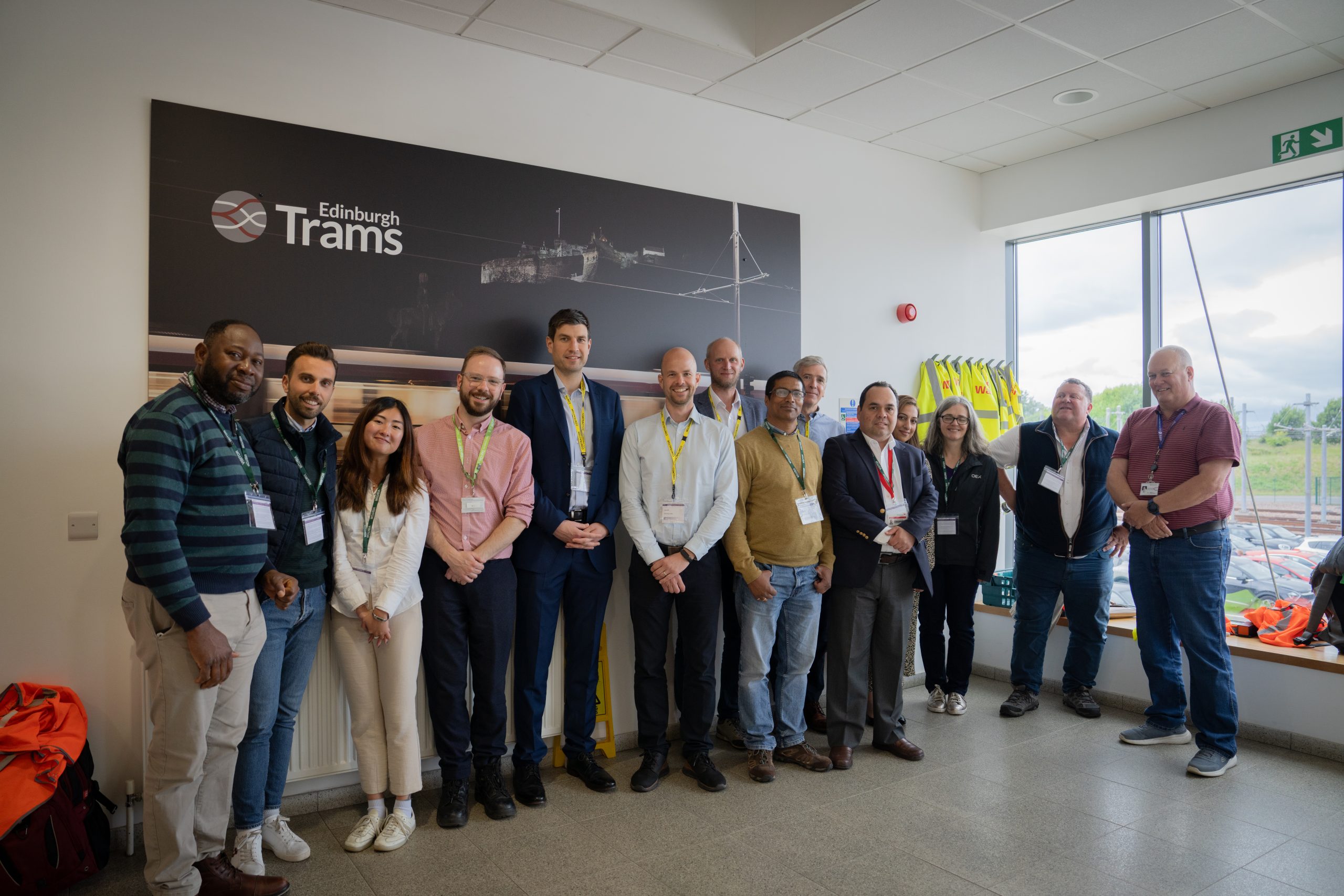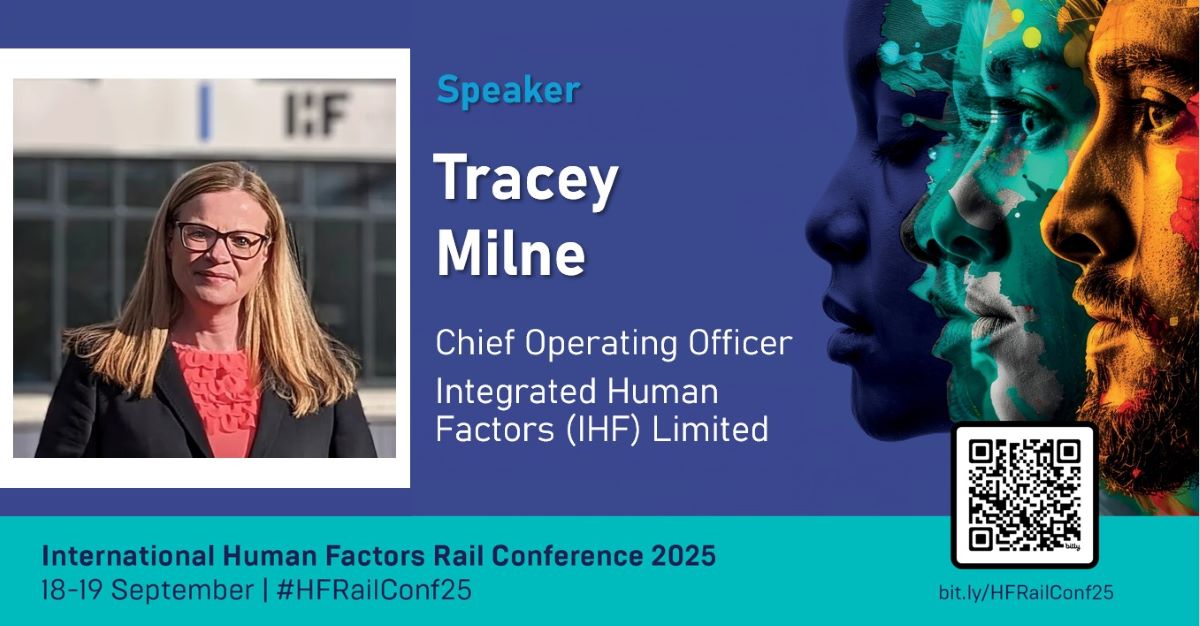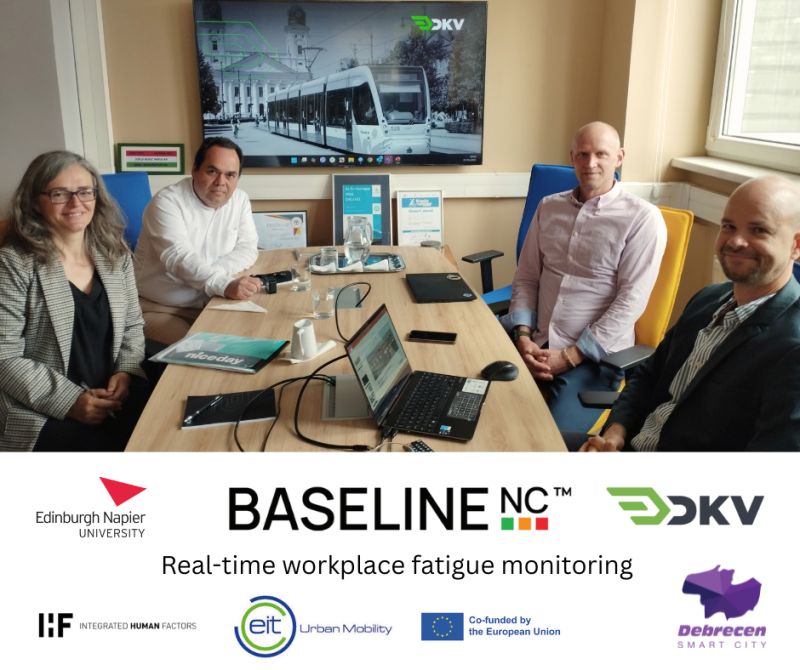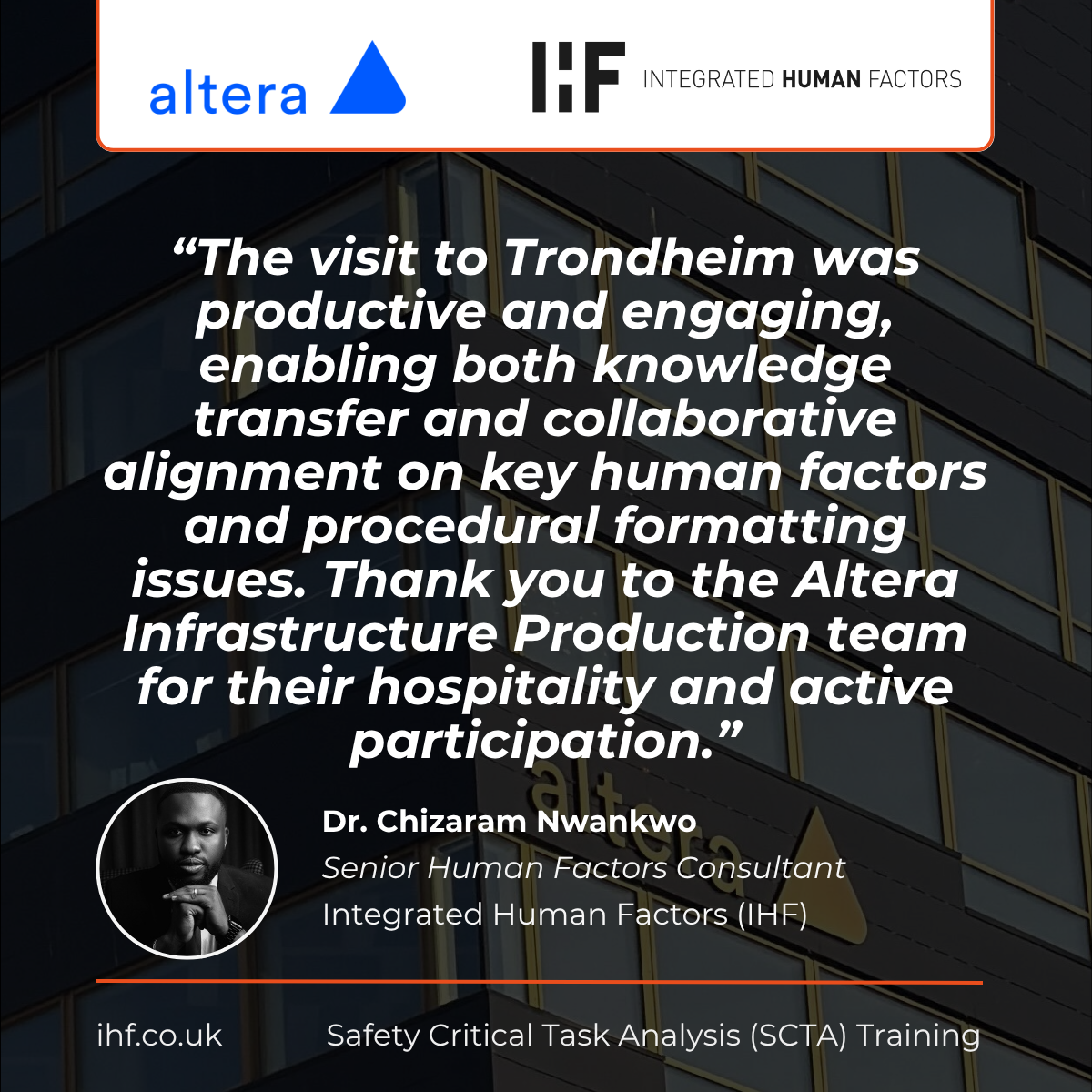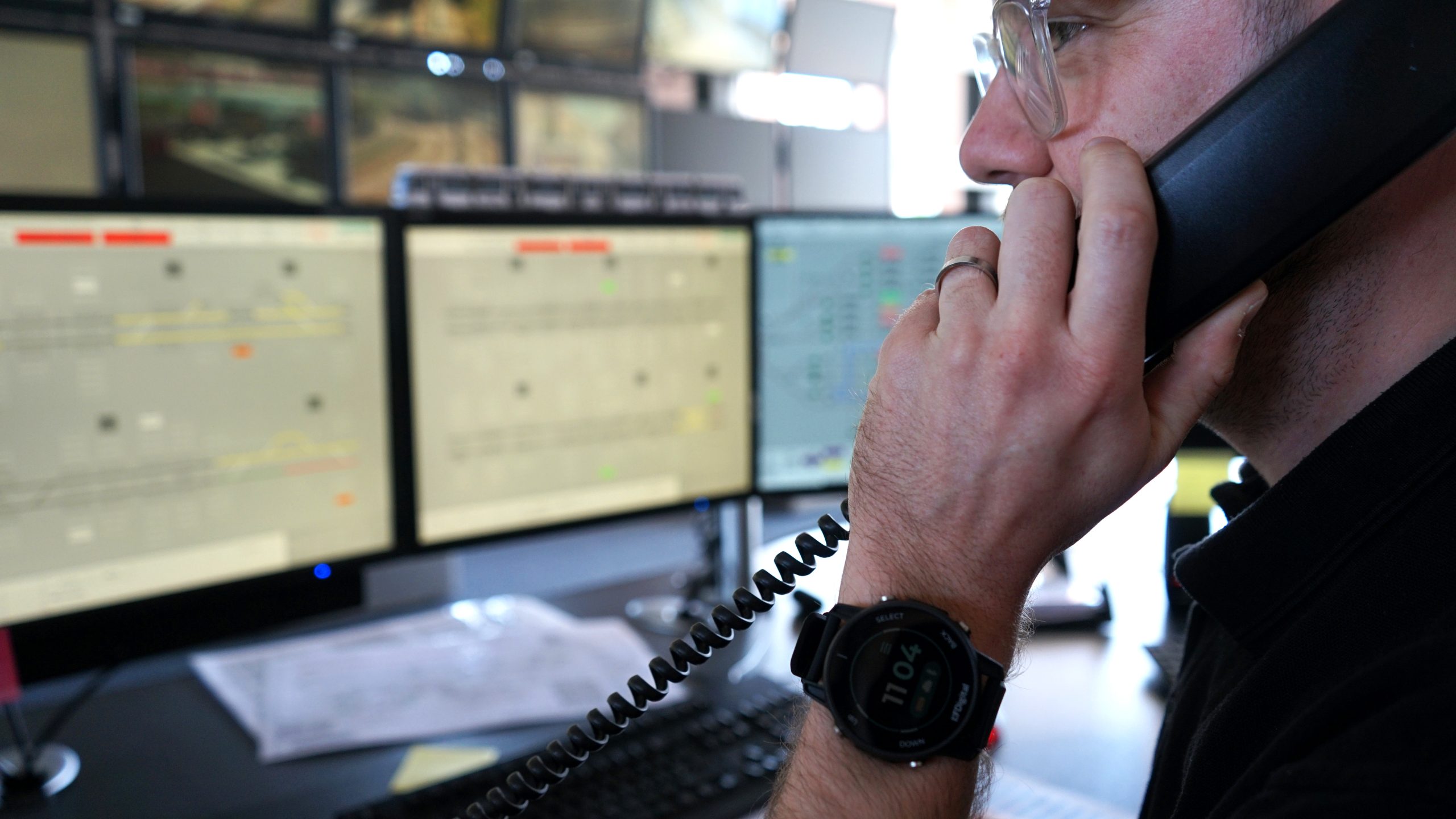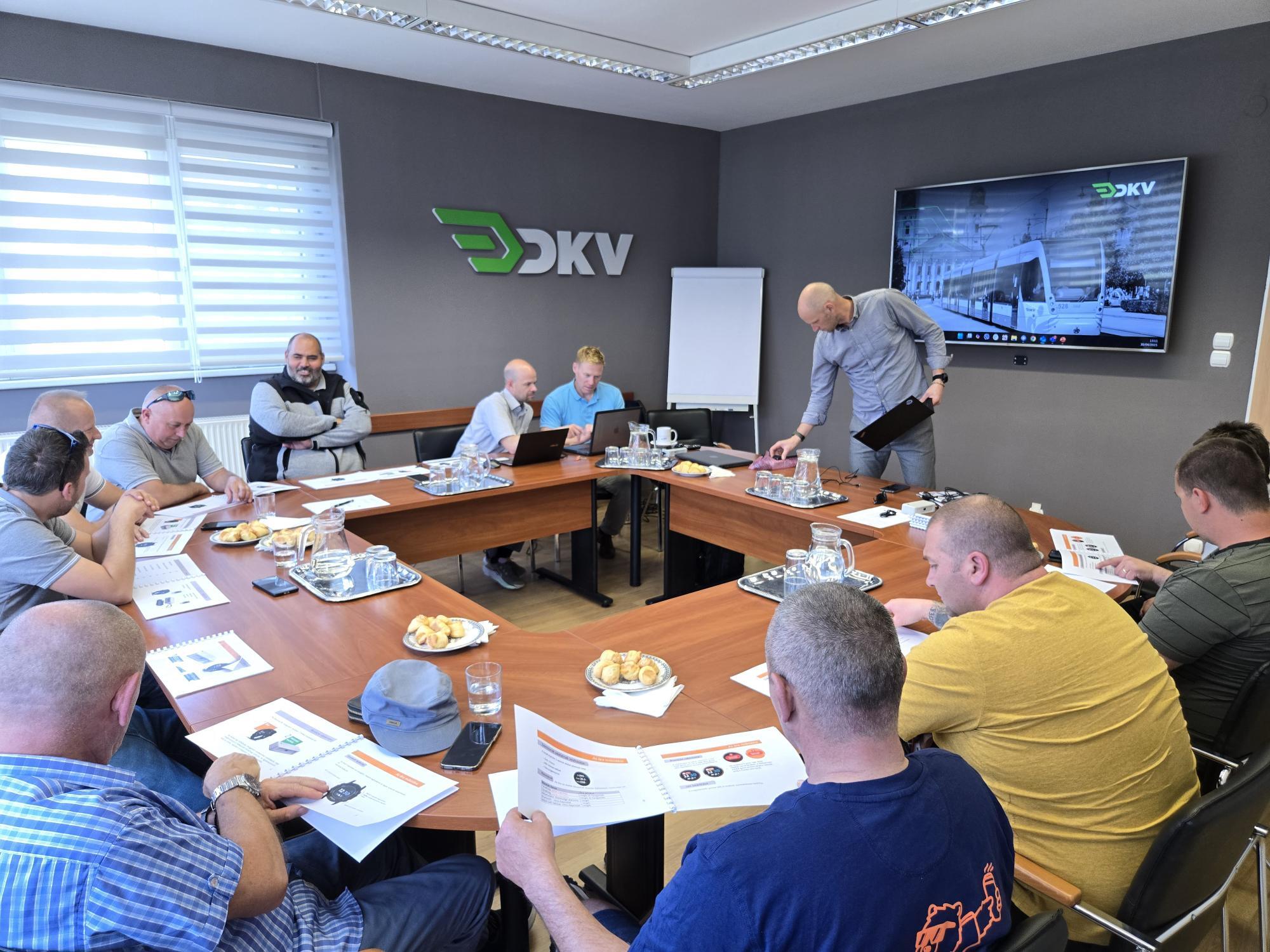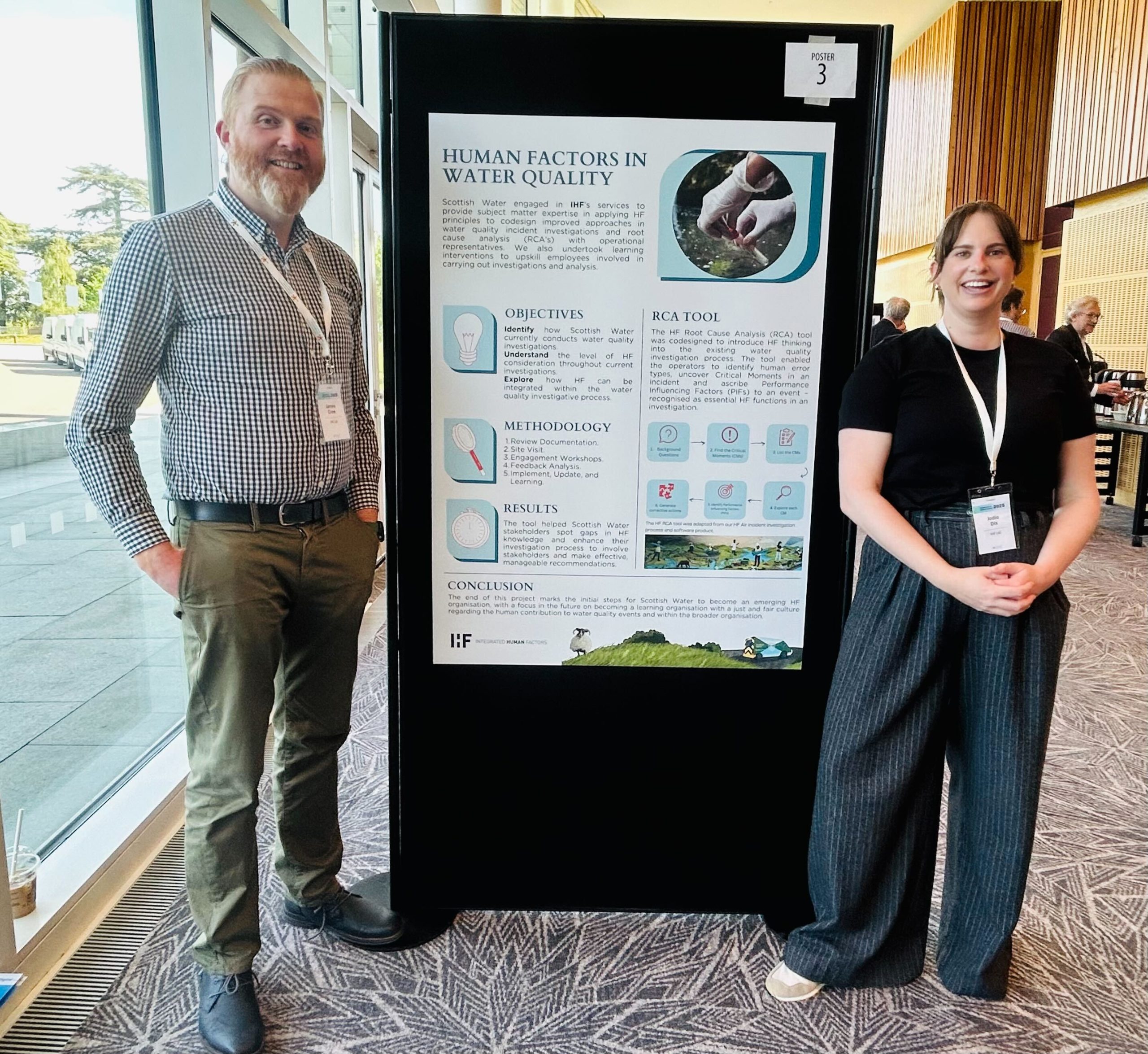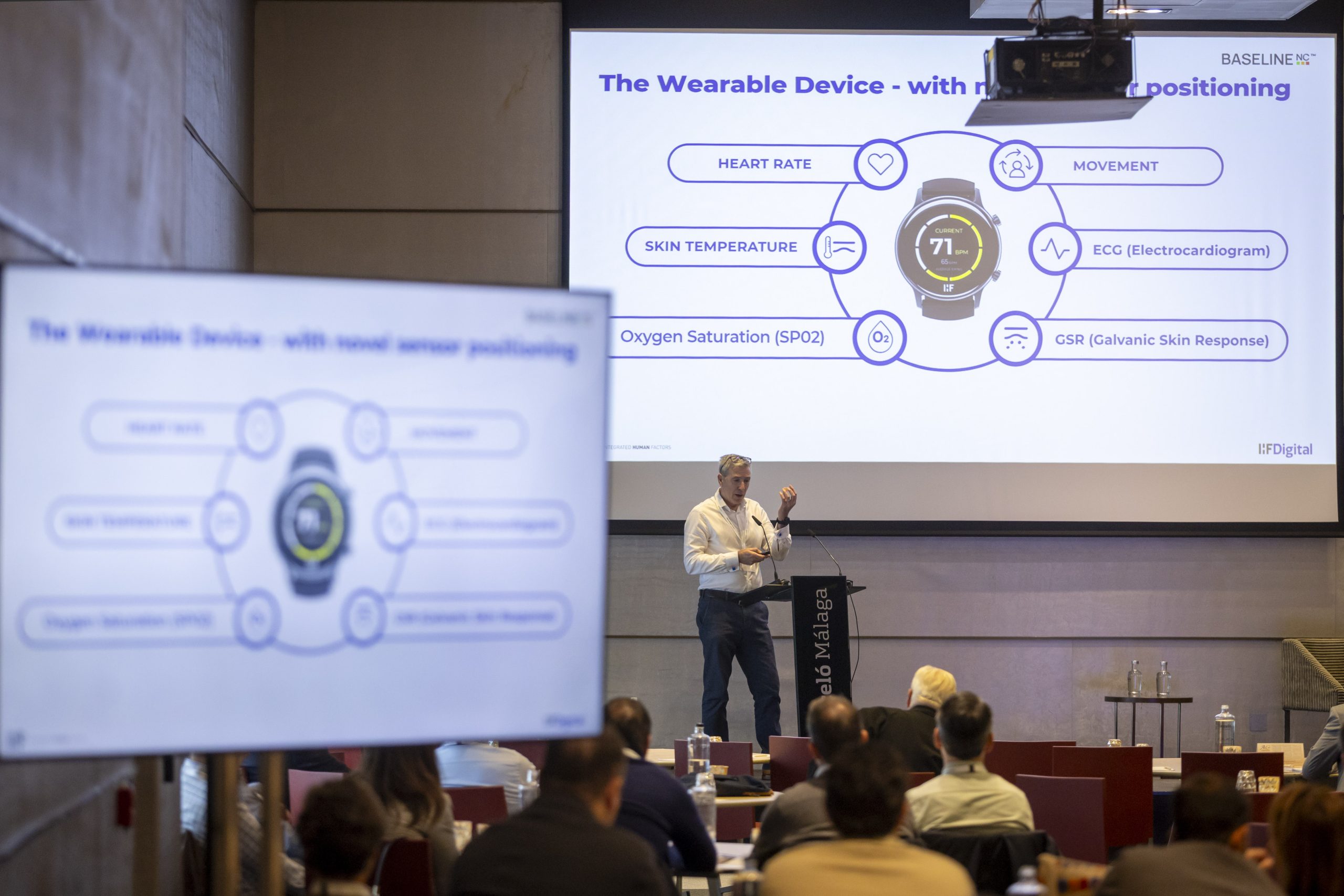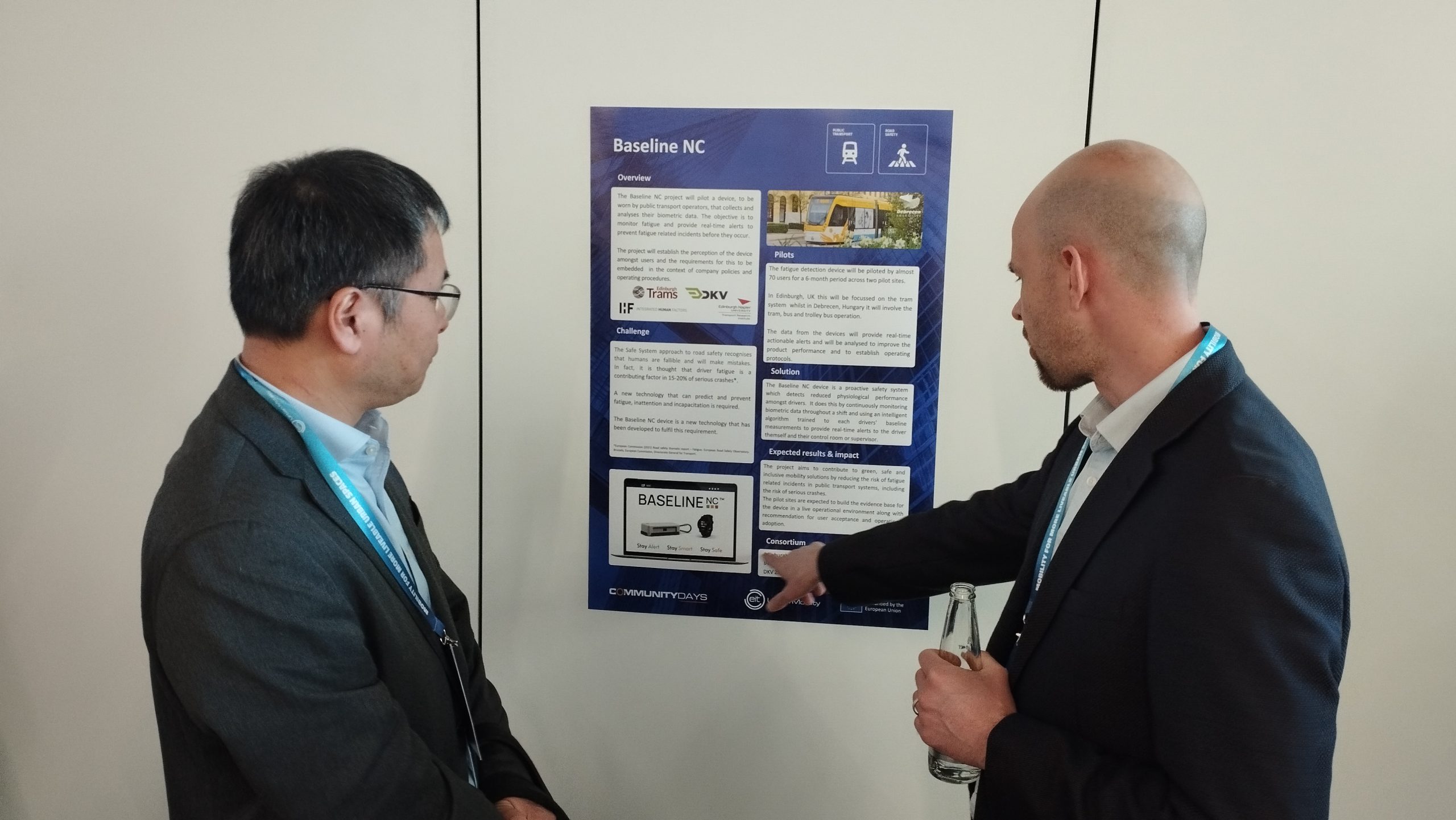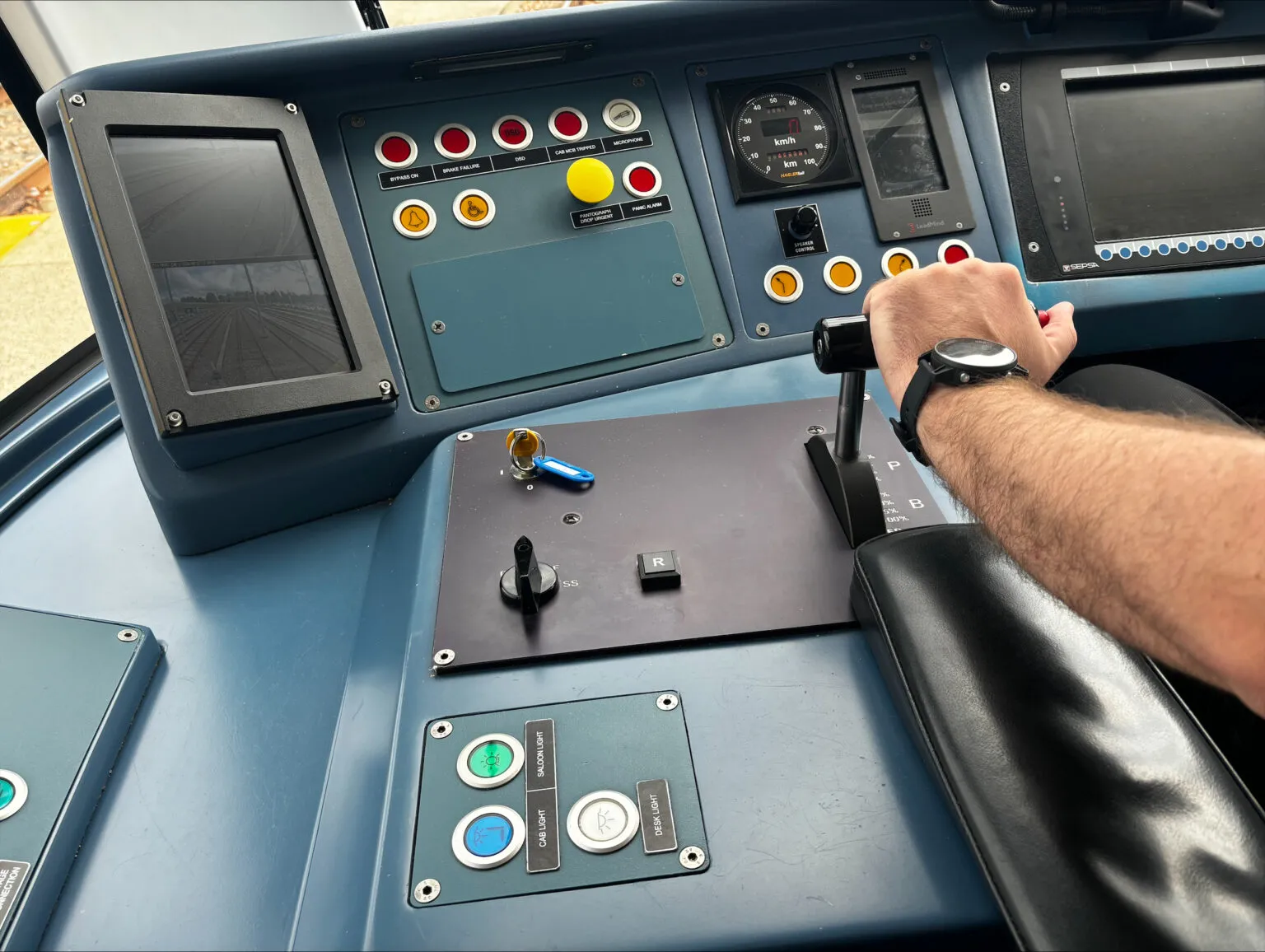Andrew Grant presented IHF’s fatigue prediction wearable solution, BaselineNC™ — a breakthrough technology helping to mitigate the risk of human error and improve driver safety — at the Railway Industry Association (RIA) Unlocking Innovation (Southern Event) 2024 in London, England. The event was held on the 12th of June.
June 13, 2024
Railway Industry Association (RIA) Unlocking Innovation (Southern Event): Connecting Regions, Igniting Opportunities 2024
The Railway Industry Association (RIA) Unlocking Innovation (Southern Event) in London, England was a chance for people to learn about new technologies, find funding and work together to make the rail industry the best it can be.
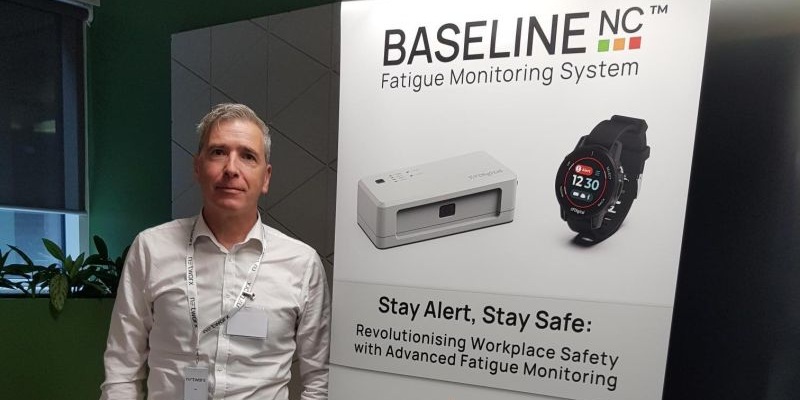
Share This Article:
Facebook
Twitter
LinkedIn
WhatsApp

